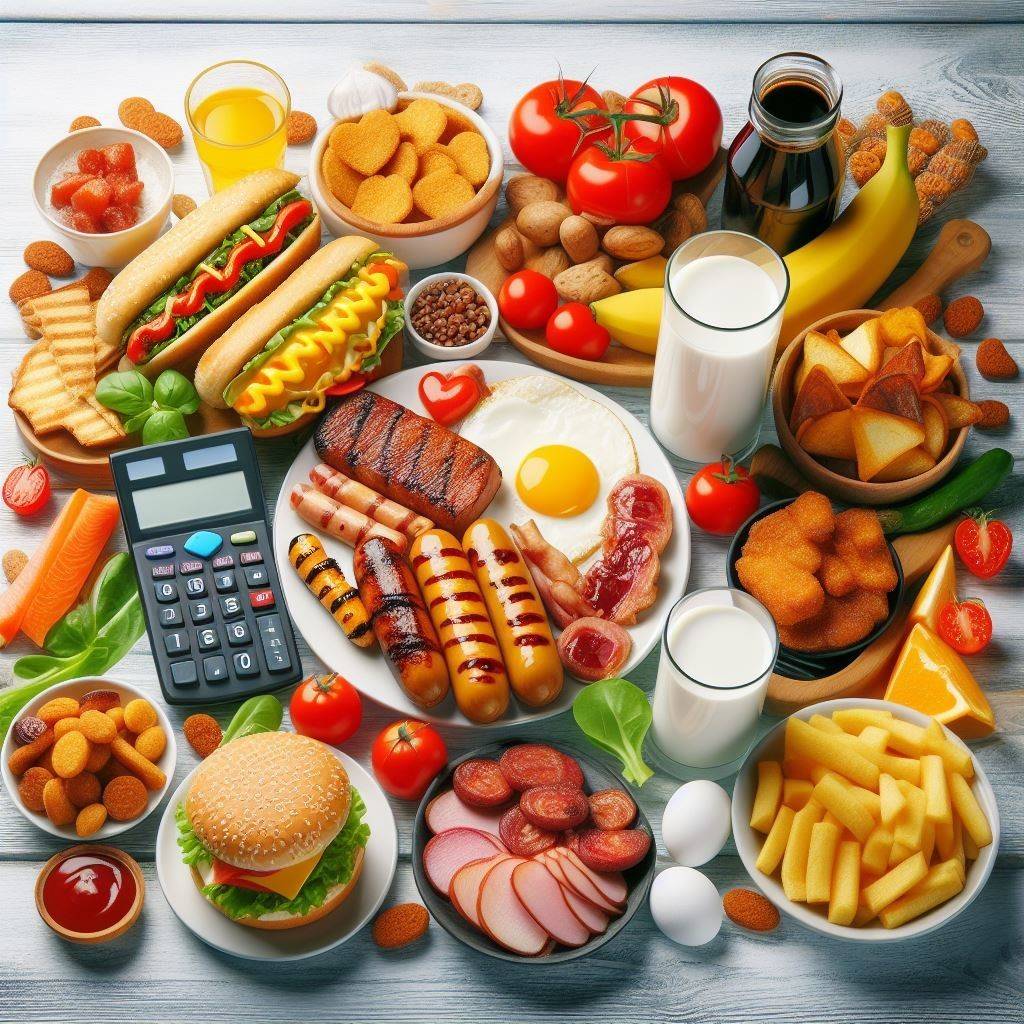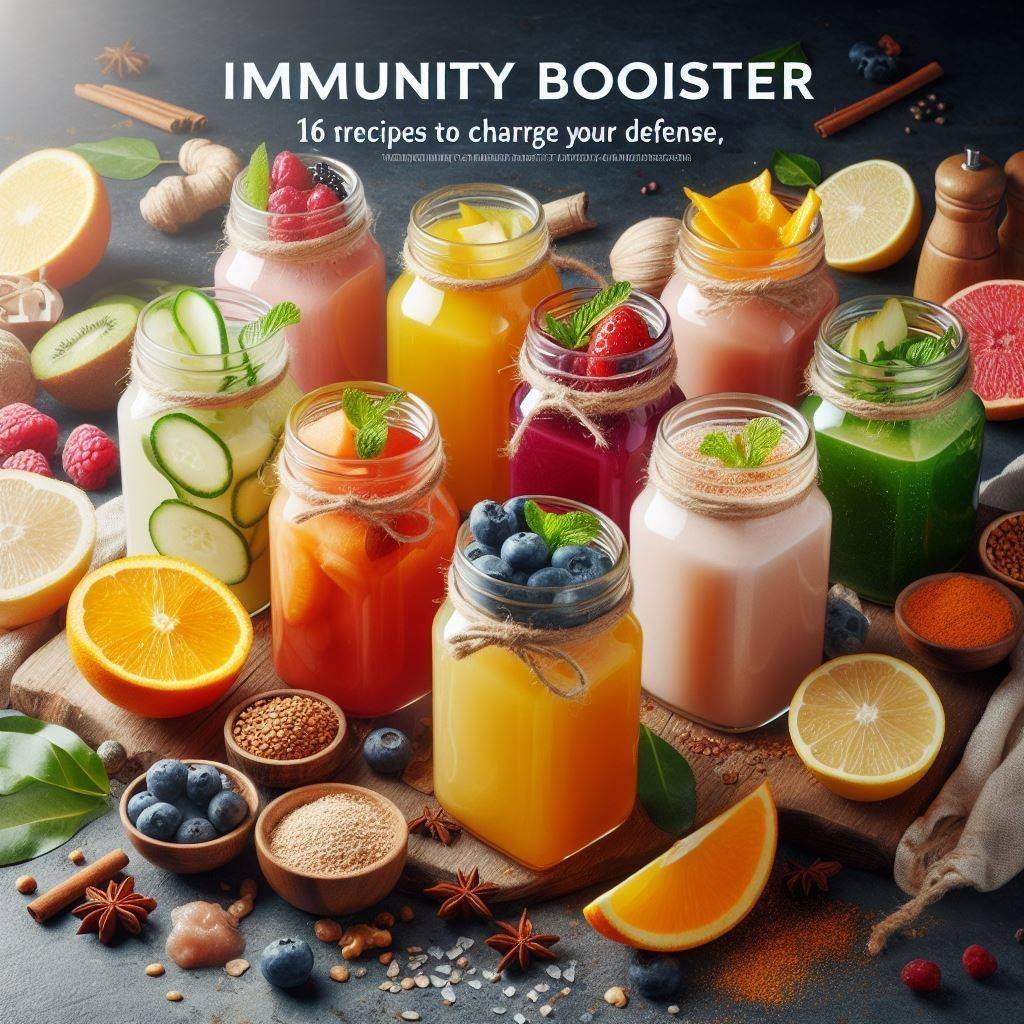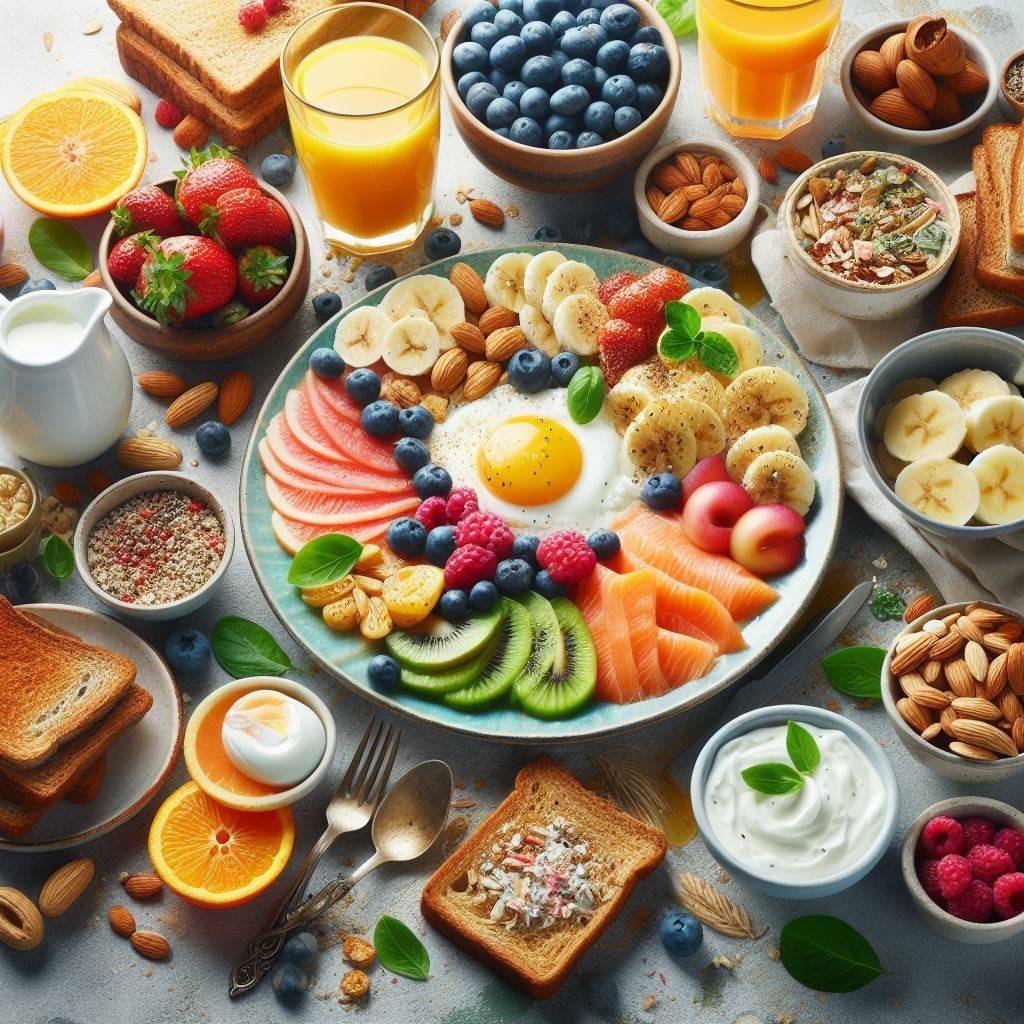Top 13 Foods to Avoid with High Cholesterol: Expert Guide
Foods to Avoid with High Cholesterol can make a big difference in managing high cholesterol levels. Choosing healthier options and limiting foods high in saturated fat and cholesterol can help reduce LDL (bad) cholesterol.
This article provides a complete guide to the top 13 Foods to Avoid with High Cholesterol to help lower cholesterol naturally through diet and lifestyle changes.
Introduction
High cholesterol affects over 100 million Americans. Left untreated, high cholesterol puts you at risk for heart disease and stroke, two leading causes of death in the U.S.
The good news? Foods to Avoid with High Cholesterol can make a significant impact on lowering LDL cholesterol levels and heart disease risk.
Focusing your diet on foods to avoid with high cholesterol is just as important as eating more heart-healthy foods. By understanding what foods to limit or remove from your diet, you can successfully reduce LDL cholesterol.
This guide will outline the top foods to avoid with high cholesterol and simple swaps to support healthy cholesterol levels. Keep reading to learn how to lower cholesterol through diet and lifestyle changes.
Top 13 Foods to Avoid with High Cholesterol
Here are the top 13 foods to avoid with high cholesterol to help lower LDL cholesterol levels:
1. Fatty and Processed Meats
Fatty cuts of meat and processed deli meats are packed with saturated fat and cholesterol, two things that directly raise LDL cholesterol.
Foods to limit:
- Fatty beef cuts like ribeye, T-bone steak, prime rib
- Pork cuts with visible fat like sausage, bacon, ribs
- Processed meats like hot dogs, salami, bologna, corned beef.
- Lamb chops or leg of lamb
Healthy swaps:
- Lean cuts of beef like sirloin, round, or tenderloin
- Skinless chicken or turkey breast
- Wild-caught salmon, tuna, halibut, or trout
- Tofu, beans, and lentils for plant-based protein
2. Full-Fat Dairy Products
Full-fat dairy products are high in saturated fat, which raises LDL cholesterol. Limiting dairy fat intake can help lower cholesterol.
Foods to limit:
- Whole milk
- Full-fat cheese like cheddar, Swiss, gouda
- Sour cream
- Butter
- Ice cream.
Healthy swaps:
- Low-fat or skim milk
- Low-fat cheeses
- Fat-free sour cream
- Margarine or olive oil instead of butter
- Low-fat frozen yogurt or sorbet
3. Fried Foods
The oils used to fry foods are high in saturated and trans fats, both of which raise LDL cholesterol significantly.
Foods to avoid:
- French fries, fried chicken, fried fish
- Doughnuts, fried pies, churros
- Potato chips, corn chips
- Movie theater popcorn
Healthy swaps:
- Baked potato wedges, oven-baked chicken.
- Air-fried foods
- Pretzels baked pita chips.
- Popcorn popped on the stove.
4. Baked Goods Made with Trans Fats
Baked goods like cookies, cakes, muffins, and crackers often contain trans fats that spike cholesterol. Check labels and avoid hydrogenated oils.
Foods to limit:
- Packaged cookies, doughnuts, muffins, pastries
- Pie crust, frozen pizza dough
- Crackers, biscuits
- Microwave popcorn.
Healthy swaps:
- Homemade baked goods using oil or butter.
- Whole wheat crackers or air-popped popcorn
5. Egg Yolks
Egg yolks are high in dietary cholesterol, with about 185mg per yolk. Limiting yolks can help lower cholesterol.
Tips:
- Use 2 egg whites instead of 1 whole egg.
- Bake with egg substitutes like Ener-G Egg Replacer
- Use 1 whole egg plus 2 whites for scrambles or omelets.
6. Shellfish
Shellfish like shrimp, lobster, crab, and mussels are higher in dietary cholesterol. Limit intake to help lower LDL cholesterol.
Tips:
- Enjoy in moderation, 1-2 times per month.
- Limit portion sizes to 3-4 oz.
- Avoid creamy, butter-based sauces.
7. Fast Food
Fast food is loaded with saturated fat, trans fats, and cholesterol from frying in unhealthy oils. Limiting fast food can lower cholesterol.
Tips:
- Prepare more meals at home.
- Choose grilled chicken sandwiches or salads.
- Choose baked potatoes or salads as sides.
8. Packaged Snack Foods
Packaged snacks like chips, pretzels, and crackers are often made with trans and saturated fats that raise LDL cholesterol.
Foods to Limit:
- Potato chips, Cheetos, Doritos
- Pretzels, cheese crackers
- Store-bought cookies, cakes
- Buttery microwave popcorn
Healthy Swaps:
- Whole grain crackers or pita chips
- Air-popped popcorn
- Fruits, vegetables, hummus
- Unsalted nuts or seeds
9. Stick Margarine and Vegetable Shortening
Stick margarine and vegetable shortening contain trans fats, which significantly increase LDL cholesterol levels.
Healthier Options:
- Soft tub margarine
- Olive oil or avocado oil
- Non-hydrogenated plant butter
10. Commercially Baked Goods
Pies, cookies, muffins, and sweet breads from restaurants and coffee shops are often loaded with trans fats.
Tips:
- Enjoy homemade baked goods in moderation.
- Share a single-size portion.
- Choose fruits or other treats.
11. Sugar-Sweetened Beverages
Drinks like soda, juice, sweet tea, and sports drinks add extra sugar and calories that lead to weight gain and higher cholesterol.
Healthier Options:
- Water, seltzer, or unsweetened tea
- Low-fat milk
- Fresh fruit juices diluted with water.
12. Refined Carbohydrates
Refined grains like white bread, pasta, rice, and baked goods can increase triglycerides and lower HDL (good) cholesterol.
Healthy Swaps:
- 100% whole grain bread and pasta
- Brown rice, quinoa, or barley
- Steel-cut oats instead of instant
13. Gravy and Cream Sauces
Gravies and cream-based sauces, especially those made with fatty ingredients like butter, whole milk, or cheese are high in saturated fat and cholesterol. Choose marinara, pesto, lemon butter, or other lighter sauces instead. When eating out, ask for sauces and gravies on the side.
Cholesterol Lowering Tips and Recap
Focusing on heart-healthy foods to avoid high cholesterol can significantly lower LDL cholesterol levels and heart disease risk.
Here are some top tips for lowering cholesterol through diet:
- Avoid fatty meats and processed deli meats. Choose lean proteins like chicken, fish, beans, etc.
- Limit full-fat dairy and choose low-fat or nonfat milk, cheese, yogurt, etc.
- Avoid fried foods and choose healthier cooking methods like baking, broiling, or grilling.
- Read labels to identify and avoid trans fats in baked goods like cookies, muffins, crackers, etc.
- Limit egg yolks and shellfish which are high in dietary cholesterol.
- Prepare more meals at home and limit fast food intake.
- Swap out refined carbs for 100% whole grains.
- Limit added sugars through sweetened beverages, juice, candy, etc.
- Use healthy fats like olive oil instead of butter or stick margarine.
FAQs about foods to avoid with high cholesterol
- What foods are the worst for high cholesterol?
- The main foods to avoid are fatty meats, full-fat dairy, fried foods, baked goods with trans fats, fast food, and packaged snacks. These all contain saturated fat, trans fat, and dietary cholesterol which directly raise LDL (bad) cholesterol levels. Focus on lean meats, low-fat dairy, healthy fats, and whole foods.
- What should I eat if my cholesterol is high?
- Focus on eating more vegetables, fruits, whole grains, beans, lentils, nuts, seeds, and fatty fish like salmon. Choose lean protein, low-fat dairy, and healthy fats like olive oil. Limit sweets, sugary drinks, refined carbs, and processed foods which can all negatively impact cholesterol levels.
- What are the 3 best foods for lowering cholesterol?
- The top 3 foods to help lower cholesterol are oats, walnuts, and fatty fish like salmon. Oats contain soluble fiber which removes LDL cholesterol from the body. Walnuts and salmon provide omega-3 fatty acids which improve cholesterol ratios.
- How can I lower my cholesterol quickly?
- Simple ways to lower cholesterol fast include switching to skim or low-fat dairy, avoiding fried foods and fast food, eliminating trans fats from your diet, increasing soluble fiber from oats and beans, and exercising for at least 30 minutes daily. Even small diet and lifestyle changes can make a big difference in just a few weeks.
Conclusion
Making simple foods to avoid with high cholesterol swaps and focusing your diet on whole, minimally processed foods can significantly reduce LDL cholesterol levels. Combining cholesterol-lowering diet changes with regular exercise provides a powerful tool to lower cholesterol without medication.
Work with a registered dietitian to create a personalized nutrition plan to meet your cholesterol goals. Small, sustainable changes to your daily diet and lifestyle make a big difference in heart health.



